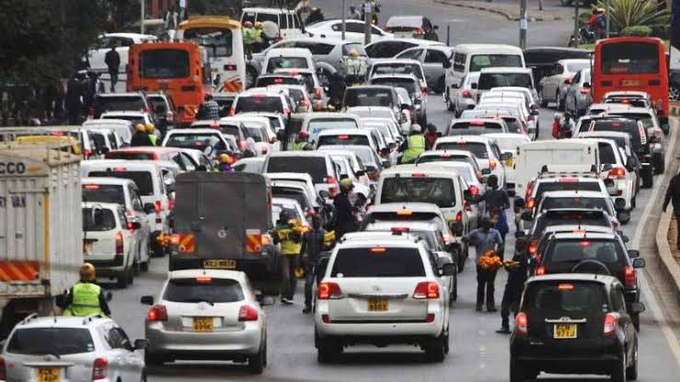NAIROBI, Kenya — If you’re thinking about skipping road toll payments, you might want to reconsider.
The government is ramping up enforcement measures that could leave motorists stranded—unable to renew their driver’s licenses, transfer vehicle ownership, or even get car insurance—until they clear all outstanding toll fees.
The proposed amendments to the Insurance (Motor Vehicles Third Party Risks) Act would make settling unpaid tolls mandatory before obtaining a motor insurance policy.
The Ministry of Transport argues that this move is crucial for efficient toll collection and ensuring road users pay their fair share.
Additionally, the National Transport and Safety Authority (NTSA) could be granted more power to enforce compliance.
The government plans to reintroduce taxes on car insurance premiums and congestion in a new tolling policy aimed at funding road construction and maintenance.The Ministry of Transport has confirmed the proposal, which was previously shelved after the Finance Bill, 2024 was…
A draft of the National Tolling Policy recommends updating the NTSA Act to allow the agency to deny essential services—like driver’s license renewals, annual vehicle inspections, and insurance confirmations—to motorists with outstanding toll fees.
In simple terms: if you owe toll fees, the government could make your life a bureaucratic nightmare until you pay up.
Why the Crackdown?
Kenya is looking to avoid the chaos seen in countries where lax enforcement has led to widespread toll evasion.
Currently, toll defaulters risk fines of up to Sh50,000 or six months in jail under the Public Roads Toll Act.
But the government believes these penalties aren’t enough, and stricter measures are necessary.
Without an effective digital enforcement system, Kenya still relies on physical toll barriers to ensure compliance.
However, the Ministry of Transport is keen to implement a more robust mechanism to prevent loss of revenue.
While the government’s proposal is still in draft form, if approved, it could change how road users interact with tolling systems—and their ability to access essential vehicle services.




